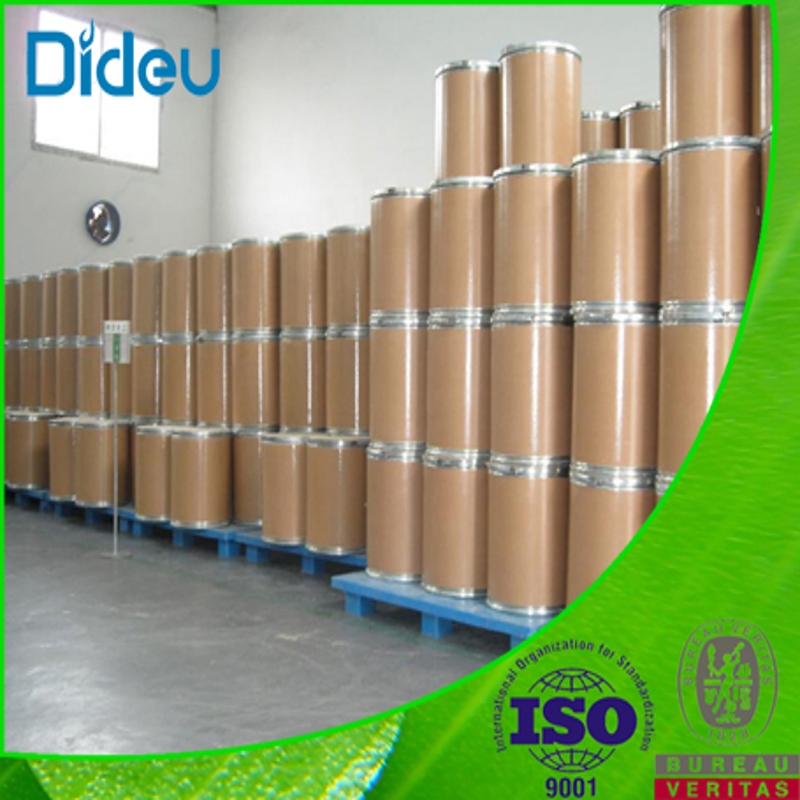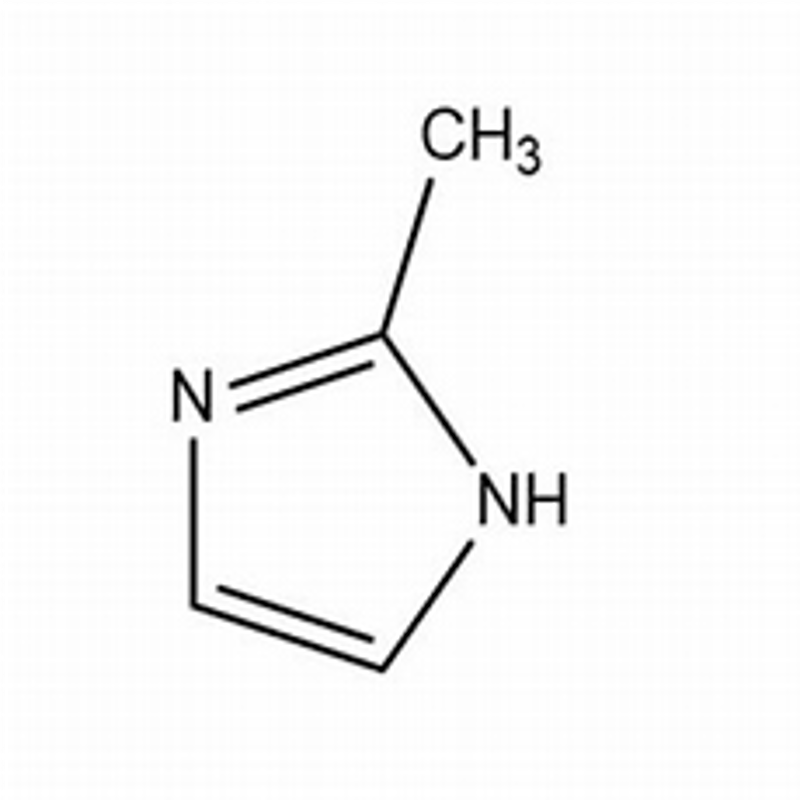-
Categories
-
Pharmaceutical Intermediates
-
Active Pharmaceutical Ingredients
-
Food Additives
- Industrial Coatings
- Agrochemicals
- Dyes and Pigments
- Surfactant
- Flavors and Fragrances
- Chemical Reagents
- Catalyst and Auxiliary
- Natural Products
- Inorganic Chemistry
-
Organic Chemistry
-
Biochemical Engineering
- Analytical Chemistry
-
Cosmetic Ingredient
- Water Treatment Chemical
-
Pharmaceutical Intermediates
Promotion
ECHEMI Mall
Wholesale
Weekly Price
Exhibition
News
-
Trade Service
Benzotrithiophene (BTR) is a type of organic semiconductor material that has attracted significant attention in recent years due to its unique electronic properties and potential applications in various fields, including the chemical industry.
One of the most promising applications of BTR is in the development of gas sensors.
BTR-based sensors have been shown to have high sensitivity and selectivity for a wide range of gases, including hydrogen, methane, LPG, and propane.
These sensors can be used in various industries, such as oil and gas, chemical, and automotive, to detect leaks and ensure the safety of workers and the environment.
Another application of BTR is in the field of organic solar cells.
BTR-based solar cells have shown promising results in terms of efficiency and stability, making them a viable alternative to traditional inorganic solar cells.
The ability of BTR to absorb light across a wide range of wavelengths makes it an ideal material for use in solar cells, and research is ongoing to improve their efficiency and reduce their cost.
BTR is also being investigated as a material for use in organic light-emitting diodes (OLEDs).
OLEDs are used in a variety of applications, including displays, lighting, and electronic paper.
BTR-based OLEDs have demonstrated high luminance and efficient energy transfer, making them a promising alternative to traditional OLED materials.
In addition to these applications, BTR is also being studied for its potential use in memory devices and transistors.
Researchers have shown that BTR can be used to create high-performance non-volatile memory devices that are stable and have low power consumption.
BTR-based transistors have also been studied for their potential use in high-speed electronic devices.
The chemical industry is also exploring the use of BTR in the production of various chemicals.
BTR-based catalysts have been shown to be effective in the conversion of various feedstocks into useful chemicals, such as ethylene, propylene, and BDO (1,3-butanediol).
These catalysts offer several advantages over traditional metal-based catalysts, including higher yields, higher selectivity, and reduced cost.
Another area of interest in the chemical industry is the use of BTR in the production of polymers.
BTR-based polymers have been shown to have unique properties, such as high thermal stability, high charge carrier mobility, and high glass transition temperature, making them promising materials for use in various applications, including electronic devices, optical fibers, and medical devices.
Overall, the applications of BTR in the chemical industry are vast and continue to grow as researchers discover new and innovative ways to use this material.
The high efficiency and stability of BTR-based sensors, solar cells, and other devices make them attractive alternatives to traditional materials and offer opportunities for cost savings and improved performance.
As the field of organic electronics continues to grow, it is likely that the use of BTR will become even more widespread and impactful in the years to come.







